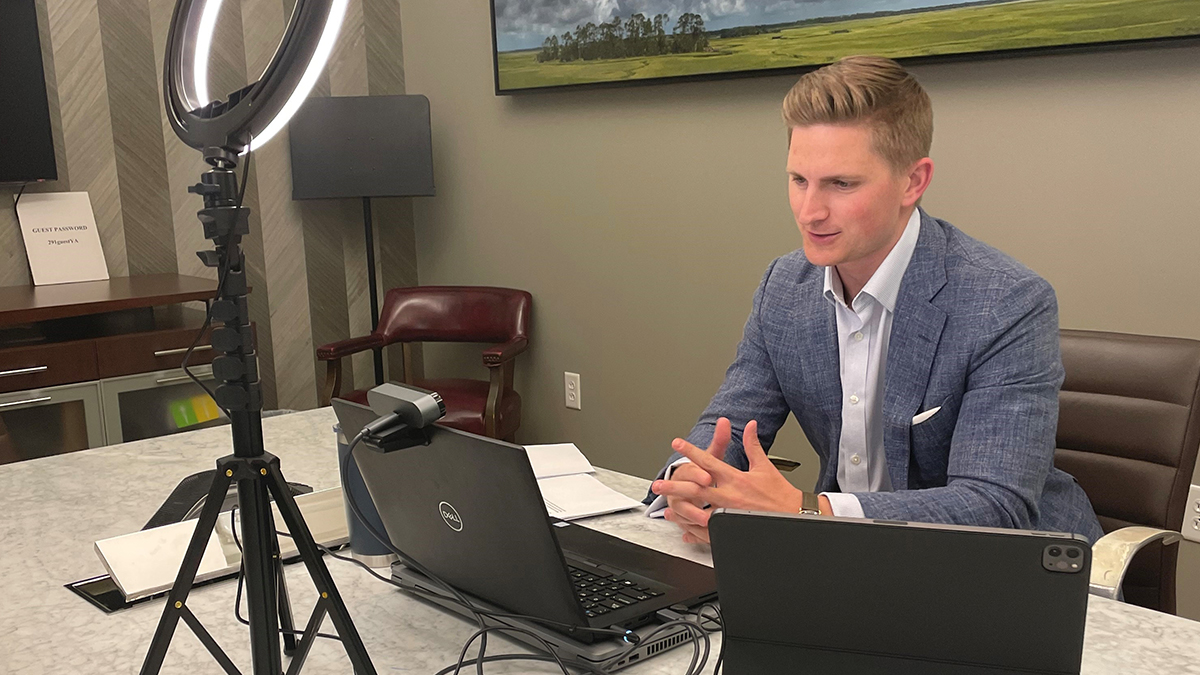After a 55 pound metal drink display fell on a woman in a Family Dollar, she sustained injuries that led to two lumbar surgeries, a nerve release procedure, and ultimately medical bills topping out over $150,000. Yarborough Applegate’s David Lail found that the drink display in the North Charleston, SC store was not inspected to make sure it was safe and settled the case for $587,500. Heath Hamacher of South Carolina Lawyers Weekly reported the brief below:
A woman who says her back was severely injured when a drink display fell on top of her inside a North Charleston store has agreed to settle her case for $587,500, her attorneys report.
According to the client, she was shopping at Family Dollar when she bent over to pick up an item and bumped into a metal drink display behind her. The rack, attached to a cooler by magnets, was stocked with approximately 55 pounds of canned drinks. One of the client’s attorneys, David Lail of Yarborough Applegate in Charleston, said that the display detached from the cooler and fell on top of his client, causing injuries that led to two lumbar surgeries, a nerve release procedure, and more than $150,000 in medical bills.
The client contended that both Family Dollar and Coca-Cola Bottling Co., which installed the display, were responsible for the incident.
According to Lail, a former assistant manager testified that Family Dollar did not inspect the display because it thought it was Coca-Cola’s responsibility. Coca-Cola, Lail said, used magnets to install the display rather than screws to avoid damaging the refrigeration system inside the coolers. And while Coca-Cola agreed that it was responsible for making sure its display was safe for customers, Lail added, it did not know whether the rack was designed for canned drinks, its weight capacity, or if it had been tested to determine its weight capacity before being placed in stores.
“Nevertheless, Coca-Cola hired an engineering expert who described alternative possible scenarios for how the rack could have become dislodged — including the plaintiff pulling it down on herself — in an attempt to undermine the plaintiff’s account of how the incident occurred,” Lail wrote in an email.
Despite testimony from the client’s neurosurgeon that the incident caused her injuries, the defense contested the causation of those injuries and noted that she had been seeing a chiropractor for lower back pain before the incident, Lail added.
Attorneys for the defendants, A. Grayson Smith of Gallivant, White & Boyd in Charleston, and Ben Davis and J.D. Smith of McAngus Goudelock & Courie in Mount Pleasant, did not immediately return a message seeking comment.







